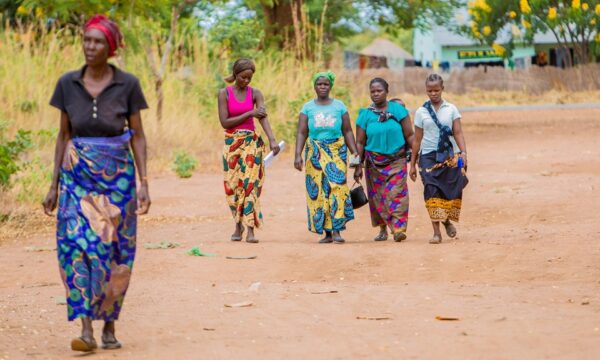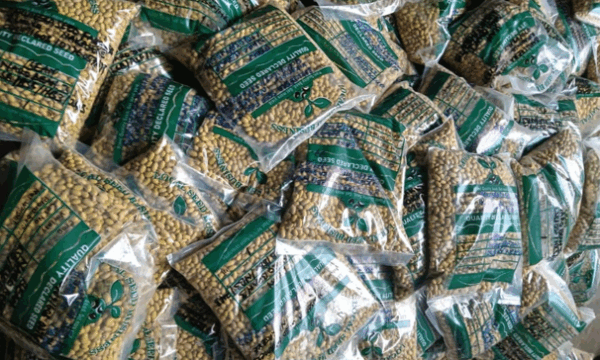It’s widely known that female farmers make up a substantial portion of the agricultural labour force (43%) in developing countries. However, productivity gaps between farms managed by men and women farmers exist, because women farmers have less access to various production inputs and labour, compared to male farmers.[1]
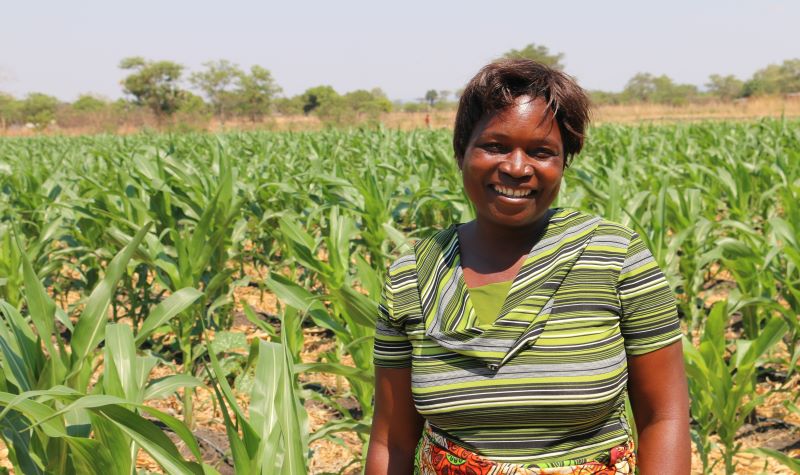
However, the literature also shows that even when women have the same access to agricultural inputs as men, the productivity gains are lower for women. This is due to structural factors, such as, prevailing biases against women in formal and informal institutions. For example, not only are women not adequately targeted in agriculture extension advisory services, but the services are also geared towards the needs of male farmers with limited relevance to the needs of female farmers.[2]
Addressing the gender gap
What needs to be done to address this gap in access and benefits? FAO has introduced a holistic approach to examine rural advisory services: looking at agricultural policies, organizations engaged in extension service provision and their staff to identify and address weaknesses and promote good practices.[3] CABI aims to pilot this approach as part of its PlantwisePlus gender activities.
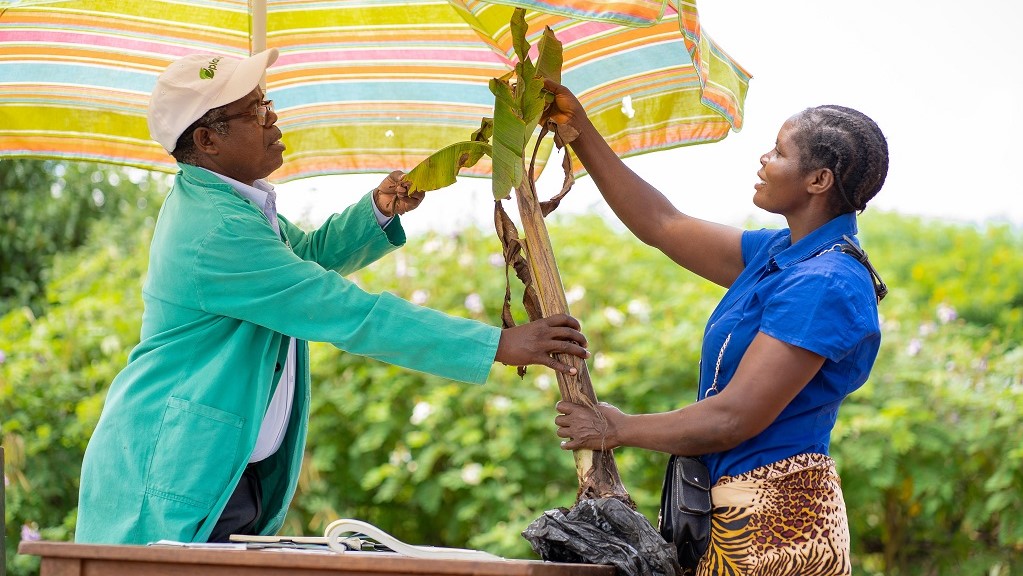
CABI’s work within the Plantwise programme in various countries has shown that women farmers everywhere had limited access to plant health clinics. Plant clinics are set up to provide extension advisory services to farmers.
In 2019, data on plant clinic participation rates for female farmers over the previous eight years was analysed. It showed, in countries with low female participate rates, just 3% of attendees were women. In countries with better participation rates, females made up 30% of attendees. [4]
Barriers to accessing information
Several underlying factors were behind women’s limited access of plant clinic services. Gender based social norms and unpaid care work responsibilities restricted women’s mobility, time, ability to interact with male plant clinic service providers and the sources of information they can access and agricultural meetings they can attend. Low literacy rates also affected women’s’ ability to understand and use advice from plant doctors. On the other hand, the extension advisory service providers, including plant doctors, were influenced by gender based social norms, failing to target women adequately, or to deliver their services in a way that takes account of existing gender relations and the challenges posed by it for women’s participation.
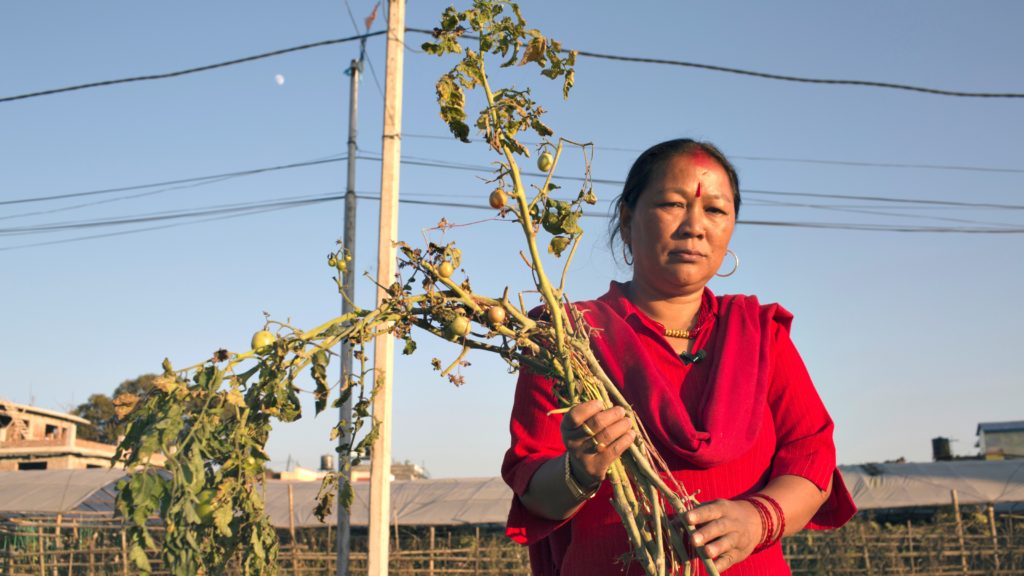
PlantwisePlus gender objectives
One of CABI’s new PlantwisePlus program’s objectives is to enhance the knowledge and uptake of climate smart plant health practices through responsive digital advisory tools. This involves equipping agricultural advisory services with decision making tools to provide advice to farmers. As extension agents make use of new digital solutions and provide advice, we need to make sure both men and women farmers are able to access their advisory services and benefit from it.
Learning from the lessons of Plantwise Program, a new approach is needed to ensure extension advisory systems supported by CABI cater to the needs of both men and women farmers. Therefore, one of the PlantwisePlus activities involves undertaking a Gender and Rural Advisory Services Assessment (GRAST) using the tool developed by FAO. This will help the program look at the extension advisory system in a holistic manner and provide inputs that will inform the design and delivery of the work in a way it benefits both men and women farmers.
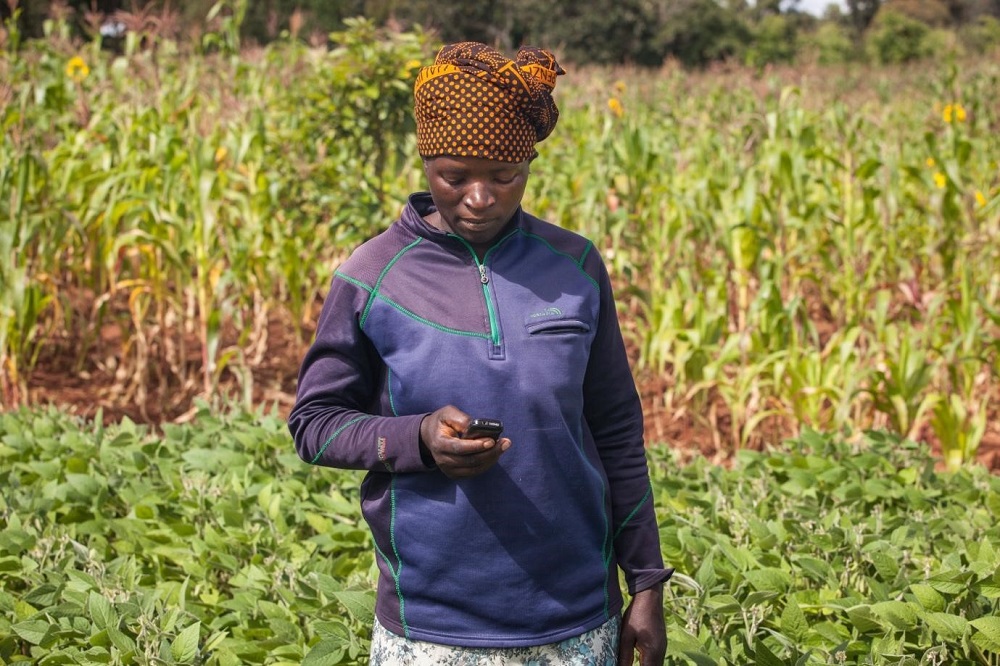
GRAST tool
GRAST is a tool that helps rural extension service providing organizations to assess the gender sensitivity of their policies and programmes and identify areas of improvement in design and delivery of the services to better meet the needs and priorities of men and women farmers. The tool assumes that in order to develop a gender sensitive extension advisory service, a holistic approach is needed, one that looks at the entire extension system, national and institutional policies and institutions and extension staff’s attitude and capacity.
The GRAST involves three levels of analysis which are deemed necessary to achieve systemic and meaningful change. These include: (1) National enabling environment assessment as expressed in agriculture and extension sector policy documents; (2) organizational level assessment that looks into extension service providing organizations service delivery models and organizational cultures & (3) individual level assessment that involves assessing the knowledge, skills, attitudes and behaviors of extension service providers and clients view of extension advisory services.
Going forward CABI aims to pilot the GRAST approach in Ghana in collaboration with national partners and use the lessons to replicate it in other Plantwise Plus program countries.
[1] ‘Women in Agriculture: closing the gender gap in development’, in The State of Food and Agriculture’, FAO, 2011. https://bit.ly/2TQjY6x
[2] Leveling the Field: Improving opportunities for women farmers in Africa, World Bank, 2014. https://bit.ly/36sNMbR
[3] Gender and rural advisory services assessment tool, FAO, 2018. https://bit.ly/3e6T0y5
[4] Gender assessment of Plantwise Program, CABI, 2020. https://bit.ly/36APsjr
About PlantwisePlus
PlantwisePlus is a global programme, led by CABI, to increase incomes and grow safer and higher quality food through sustainable approaches to crop production.
Working in close partnership with relevant actors, PlantwisePlus strengthens national plant health systems from within, enabling countries to provide farmers with the knowledge they need to lose less and feed more.
CABI gratefully acknowledges the financial support of the Directorate General for International Cooperation (DGIS, Netherlands), the European Commission Directorate General for International Partnerships (INTPA, EU), the UK Foreign, Commonwealth & Development Office (FCDO), the Swiss Agency for Development and Cooperation (SDC), for the PlantwisePlus programme.
For more information visit: https://www.plantwise.org
Facebook: https://www.facebook.com/Plantwise
Twitter: https://twitter.com/CABI_Plantwise (@CABI_Plantwise)
Related News & Blogs
Post-registration pesticide reviews: Experiences, learnings and best practices
CABI’s PlantwisePlus programme recently hosted a webinar to raise awareness and potential solutions to the challenges around post-registration pesticide reviews – a vital stage in the review process that helps ensure compliance with safety regulations…
9 July 2025



